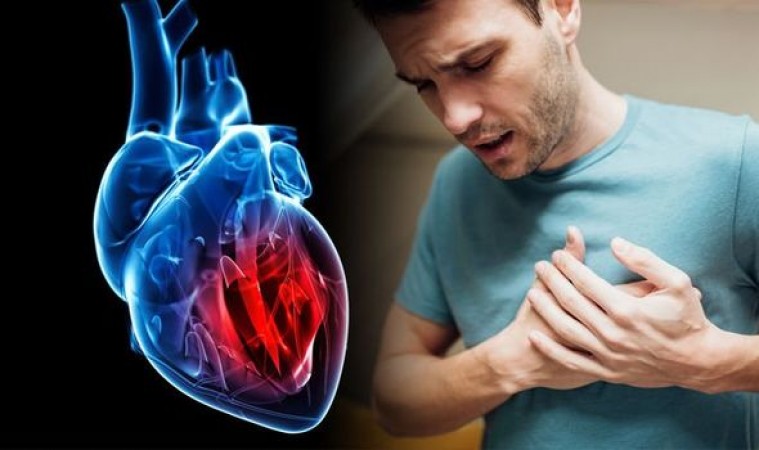
In moments of crisis, knowing what actions to take can make all the difference. When it comes to a heart attack, time is of the essence. Immediate response can be the key to saving a life. In this article, we will guide you through the critical steps to take when someone experiences a heart attack. Remember, these actions can be the lifeline that ensures the patient's survival.
1. Chest Pain: The most common sign of a heart attack is intense chest pain or discomfort. This may feel like pressure, squeezing, or a heavy sensation.
2. Pain Radiating: The pain may radiate to the arms, neck, jaw, back, or stomach. Pay attention to any unusual pain in these areas.
3. Shortness of Breath: Difficulty breathing or sudden shortness of breath can be a sign of a heart attack.
4. Cold Sweat: Profuse sweating, particularly if it's accompanied by other symptoms, can be alarming.
5. Nausea and Vomiting: Persistent nausea or vomiting can occur during a heart attack.
6. Call 911: The first and most crucial step is to call 911 or your local emergency number immediately. Time is critical in saving a life.
7. Stay Calm: Try to remain as calm as possible. Panic can worsen the situation.
8. Administer Aspirin: If the person is conscious and not allergic to aspirin, give them a regular dose (325 mg) of aspirin to help prevent blood clotting.
9. Keep the Patient Resting: Make sure the person sits down and rests. Lying down can reduce the workload on the heart.
10. Check Breathing: Keep an eye on the person's breathing. Be prepared to perform CPR if they stop breathing and have no pulse.
11. Be Ready for CPR: If the person becomes unresponsive and you're trained in CPR, initiate chest compressions. Follow the guidelines.
12. Use an Automated External Defibrillator (AED): If available, use an AED if the person's heart stops beating. Follow the device's instructions.
13. Do Not Leave the Person Alone: Stay with the person until medical professionals arrive.
14. Do Not Drive the Patient to the Hospital: It's safer for the patient to wait for an ambulance with proper medical equipment.
15. Know the Risk Factors: Understanding the risk factors for heart disease can help prevent heart attacks.
16. Maintain a Healthy Lifestyle: Encourage a heart-healthy diet, regular exercise, and stress management.
17. Regular Check-ups: Schedule routine medical check-ups to monitor heart health.
18. Learn CPR: Consider taking a CPR course to be prepared for emergencies.
19. Know Your Medications: If you have heart conditions, be aware of your prescribed medications and their proper use.
20. Share Information: Inform family and friends about the signs and actions to take in case of a heart attack.
By following these immediate actions and preventive measures, you can increase the chances of saving a life during a heart attack. Remember, early intervention can make all the difference. Stay informed, stay prepared, and be a lifesaver. In the case of a heart attack, quick thinking and swift action can truly be life-saving. Familiarize yourself with the signs, act promptly, and encourage a heart-healthy lifestyle to reduce the risk of such emergencies. Your preparedness could make all the difference in the world.
These three easy ways to make a dirty yoga mat shine like new
Eat these 7 fruits daily to purify the blood, dirt will be removed from the body